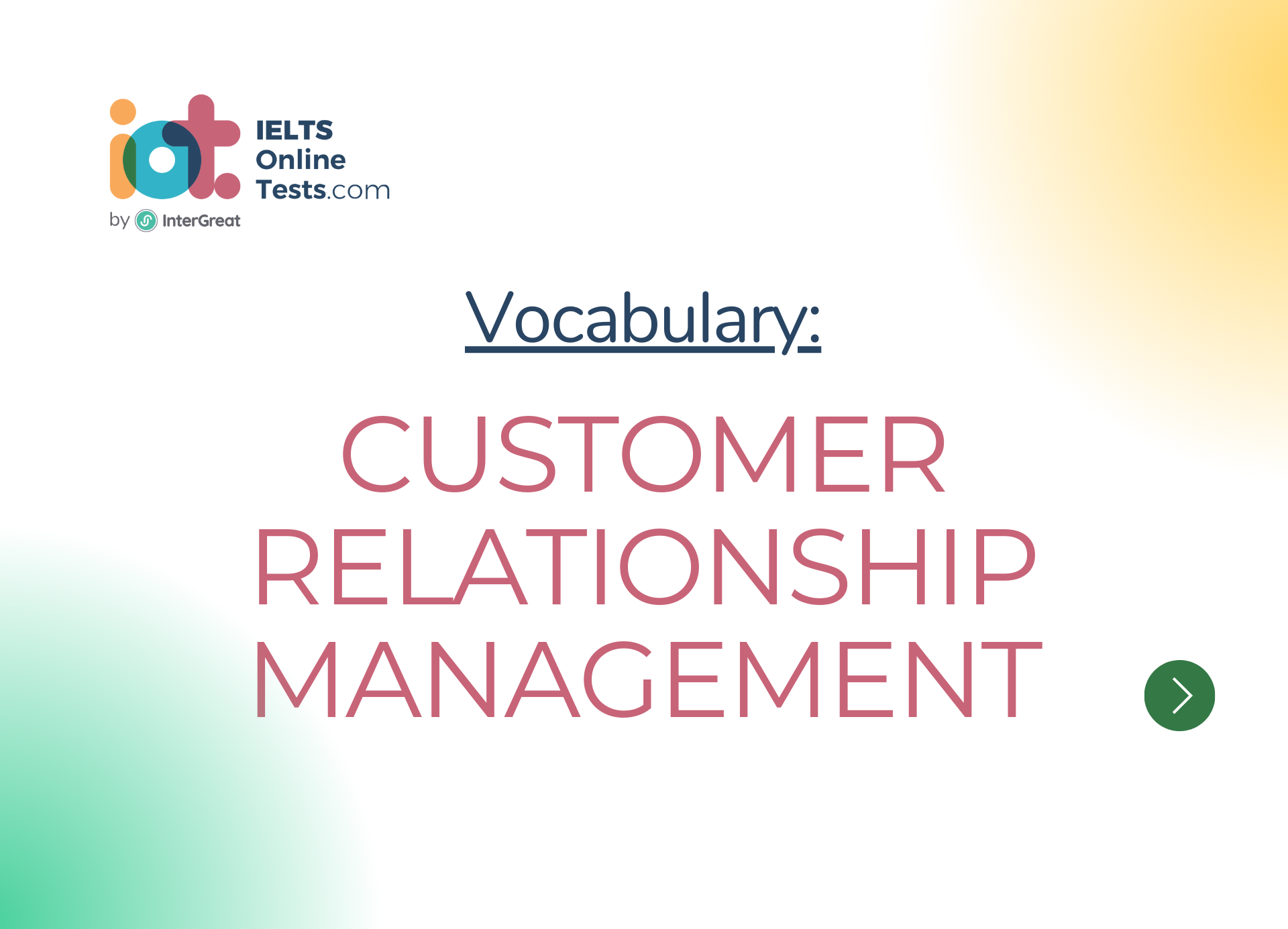
Customer relationship management
Here are some vocabulary words related to Customer Relationship Management (CRM):
Customer Relationship Management (CRM):
The process of managing interactions with current and potential customers to improve customer satisfaction and loyalty.
Customer Retention:
The strategy of keeping existing customers and encouraging repeat purchases.
Customer Acquisition:
The process of attracting and gaining new customers.
Customer Segmentation:
Dividing customers into groups based on characteristics such as demographics, behavior, or preferences.
Customer Engagement:
The level of interaction and involvement customers have with a brand or company.
Customer Satisfaction:
The extent to which customers are happy and content with a product or service.
Customer Loyalty:
The tendency of customers to repeatedly choose and support a particular brand or company.
Upselling:
Encouraging customers to purchase additional or upgraded products or services.
Cross-Selling:
Offering customers related or complementary products or services to what they are already purchasing.
Churn Rate:
The percentage of customers who stop using a product or service over a specific period.
Customer Feedback:
Information provided by customers about their experience with a product or service.
Customer Support:
Services provided to customers to assist them in using a product or resolving issues.
Lead Generation:
The process of identifying potential customers who are interested in a product or service.
Sales Funnel:
The stages that potential customers go through in the buying process, from awareness to purchase.
CRM Software:
Technology used to manage and analyze customer interactions and data.
Personalization:
Tailoring products, services, or marketing efforts to meet individual customer needs and preferences.
Touchpoints:
Any point of contact between a customer and a company, such as website visits, social media interactions, or customer service calls.
Customer Lifetime Value:
The total value a customer contributes to a company over the duration of their relationship.
Customer Advocacy:
Customers who actively promote and recommend a brand or product to others.
Retention Rate:
The percentage of customers that a company keeps over a specific period.
Customer Onboarding:
The process of familiarizing new customers with a product or service and helping them get started.
Customer Analytics:
The use of data and analysis to gain insights into customer behavior and preferences.
Feedback Loop:
A continuous process of collecting customer feedback and using it to make improvements.
Net Promoter Score (NPS):
A metric used to measure customer satisfaction and loyalty based on the likelihood of customers recommending a company to others.
Customer Complaints:
Expressions of dissatisfaction or issues raised by customers regarding a product or service.
Customer Journey:
The complete sum of experiences a customer goes through when interacting with a company, from initial contact to post-purchase.
Customer Persona:
A fictional representation of an ideal customer, based on research and data, used to understand customer needs and preferences.
Customer Service:
The support and assistance provided to customers before, during, and after the purchase of a product or service.
Customer Database:
A centralized collection of customer information, including contact details, purchase history, and preferences.
Customer Engagement Strategies:
Planned activities and initiatives aimed at increasing customer involvement and interaction with a brand.
Customer Persona:
A fictional representation of an ideal customer, based on research and data, used to understand customer needs and preferences.
Customer Service:
The support and assistance provided to customers before, during, and after the purchase of a product or service.
Customer Database:
A centralized collection of customer information, including contact details, purchase history, and preferences.
Customer Engagement Strategies:
Planned activities and initiatives aimed at increasing customer involvement and interaction with a brand.
Customer Touchpoints:
Various points of contact and interaction between a customer and a company, such as website visits, social media interactions, emails, or customer service calls.
Customer Advocacy:
Customers who actively promote and recommend a brand or product to others.
Customer Onboarding:
The process of familiarizing new customers with a product or service and helping them get started.
Customer Analytics:
The use of data and analysis to gain insights into customer behavior and preferences.
Feedback Loop:
A continuous process of collecting customer feedback and using it to make improvements.
Net Promoter Score (NPS):
A metric used to measure customer satisfaction and loyalty based on the likelihood of customers recommending a company to others.
Remember to practice using these words in various sentences and scenarios to enhance your understanding and fluency. Good luck with your language learning!




